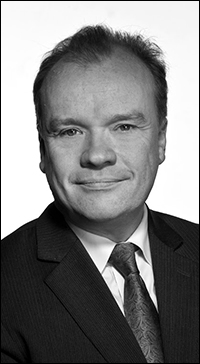
*
The final weekend featured cabaret performances by Betty Buckley and two evenings when junior fellows of the Cabaret and Performance conference stepped up to an open mic and show their stuff.
Leading up to these final showcases have been performances of fledgling plays by Halley Feiffer, Mike Lew, Lindsey Ferrentino, David Mitchell Robinson and A. Rey Pamatmat; as well as musicals by Julia Gytri, Avi Amon and Jim and Ruth Bauer.
Those artists may not be household names, but they may become more familiar in years to come. For past “unknowns” who have seen their work developed at the O’Neill in the past have included John Guare, Israel Horovitz, Martin Sherman, Christopher Durang, Wendy Wasserstein, Ted Tally, Doug Wright, Maury Yeston, Robert Lopez, Jeff Marx, Lin-Manuel Miranda and August Wilson.
The O'Neill Center was founded in 1964 by George C. White and is made up of six programs, of which the Playwrights Conference is the most famous. Hundreds of plays have been read, workshopped and revised on the center's Waterbury grounds since then. Long before A Chorus Line made the method of “workshopping” a theatre work commonplace, the O'Neill pioneered the notion of play development and stage readings as tools for new plays and musicals to mature.
Unlike most major American nonprofit theatres, the O’Neill has a policy of open submissions: Any playwright or composer can send their work and have a hope of its being given an airing.
The Playwrights Conference was the first operation to be set up in a collection of old buildings along the Long Island South that had been slated for demolition by Waterbury before White — a drama student from Yale and a native of the town — saved them. It has been followed by many other enterprises.
 |
||
| Chris Jones |
Last fall, the center broke new ground on an expansion of its Waterford campus, the largest in the company’s history. The expansion will include seven new dormitory cottages, providing living space for some 65 artists and faculty, as well as a new rehearsal hall and renovations to the center’s existing buildings, which will provide for additional production and rehearsal space.
Also last year, Chris Jones, an influential Chicago critic and theatre journalist who writes for the Chicago Tribune, was appointed director of the National Critics Institute.
Jones said there was a certain air of excitement about the season this year.
“There was a big alumni gathering up there,” he told Playbill.com, “which was nice. It has an austerity up there. The food is no good. It’s a kind of a badge of honor. That’s part of its appeal: there’s a purity to it. But there was a bit of a spring in everyone’s step this year.”
Jones, who typically attends a show every night of the week, gave up his yearly two-week vacation to take the position.
“I was aware of the history of the place,” Jones told Playbill.com. “I was aware of a number theatre writers who described doing this program and it really changing their lives. My experience is the papers and websites are at a point now where you don’t get a lot of time to focus on your writing. You’re busy turning out the next article. There should be a place where people get to focus on that.
“There isn’t any other arts journalist program anywhere,” he continued, “and we all know that arts journalism is going through a lot of changes right now.”
Also, in honor of the organization’s 50th Anniversary, Yale University Press released in May “The O’Neill: The Transformation of Modern American Theater” by Jeffrey Sweet.










